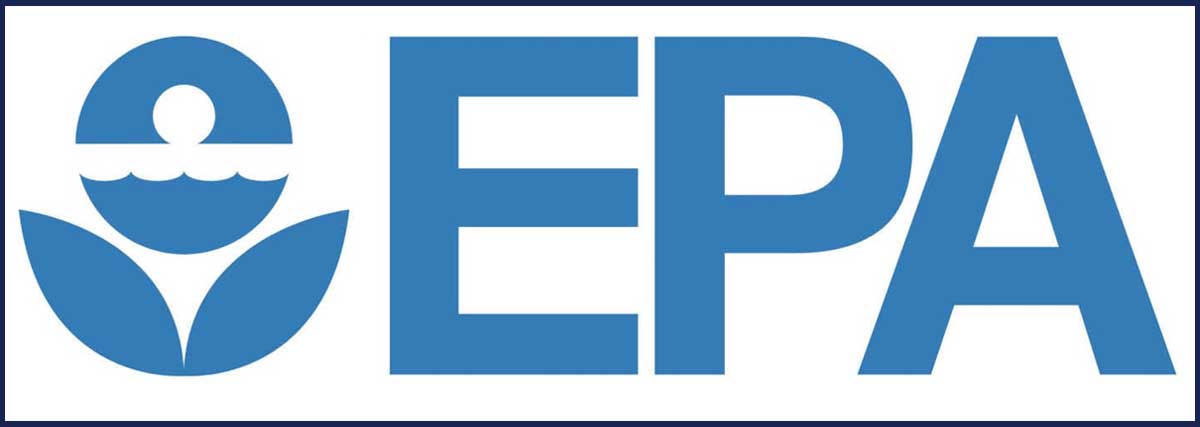On Wednesday, the Senate Environment and Public Works (EPW) Committee held a hearing focused on the Renewable Fuel Standard (RFS). This was the first EPW hearing on the RFS since 2016 and comes as the EPA proposes to increase biofuel blending requirements. During the hearing, Senators expressed frustration over the Biden Administration’s handling of the RFS program and questioned what the future holds. Committee Chair Tom Carper (D-DE) said, “like many of our colleagues on this committee, I still support the goals of the [RFS]… Having said that, there have been a number of challenges when it comes to the implementation of the program.”
Sen. Kevin Cramer (R-ND) questioned the future of the RFS program while committee Ranking Member Shelley Moore Capito (R-WV) expressed concern that the president does not have a permanent nominee for EPA’s air office. “If EPA is deciding important actions related to the future of the RFS program, the administration needs to send up an Office of Air and Radiation nominee who can be accountable to Congress,” said Capito.
Senators also debated the impacts the RFS has on gasoline prices. Lucian Pugliaresi, president of the Energy Policy Research Foundation, testified it had raised gasoline prices by approximately 30 cents a gallon. Emily Skor, CEO of the Growth Energy, questioned a recent National Academy of Sciences report that found that the carbon intensity of corn ethanol produced under the RFS is likely at least 24 percent higher than gasoline. Skor called the study a “manipulation of the science and data” and “untethered from reality.”
Separately, several labor unions and organizations, including United Steelworkers and the AFL-CIO, called on the Biden Administration to reduce the proposed 2022 RFS volumes. The comments, which can be viewed here, were submitted to Environmental Protection Agency Administrator Michael Regan.
Prior to the hearing, EMA shared concerns with committee members. Specifically, EMA called out the challenges higher blend requirements will have on existing underground storage tank systems. In comments filed on February 2 to the EPA, EMA joined leading national organizations in calling for a reduction to the proposed 2022 RFS volume mandate. EMA said, “If ethanol volumes continue to rise as proposed in 2022, obligated parties will be forced to manufacture E15 blends to meet their annual RVOs. E15 blends made from corn ethanol are not compatible with most existing underground storage tank systems in operation today. Look no further than EPA’s document from January 2020 entitled E15’s Compatibility with UST Systems which states, Most older and even some newer existing UST systems (which includes but is not limited to tanks, pumps, ancillary equipment, lines, gaskets, and sealants) are not fully compatible with E15 and require modification before storing E15. For example, the actual tank is often compatible with E15, but some of the connectors and pump components may not be. That can lead to leaks. Dispensers are not part of the UST system, by definition, but face the same compatibility concerns and are a critical part of the fueling system for our constituents.” Click here to read the full EPA statement.
EMA has for many years called for lower annual corn ethanol blending volumes that would allow marketers to determine for themselves whether to sell E15 rather than be required to do so through a de facto mandate. EMA sent multiple letters to the EPA and the National Economic Council last year requesting urgent action to reduce the corn ethanol mandate to address the current E15 crisis. Click here and here to read EMA’s letters.
EMA fully believes in renewable fuels and their importance in the liquid fuels market and has urged the Biden Administration to ensure federal grant funds be available for small business energy marketers to upgrade their underground storage tank system equipment to safely and legally sell E10 plus blends.


